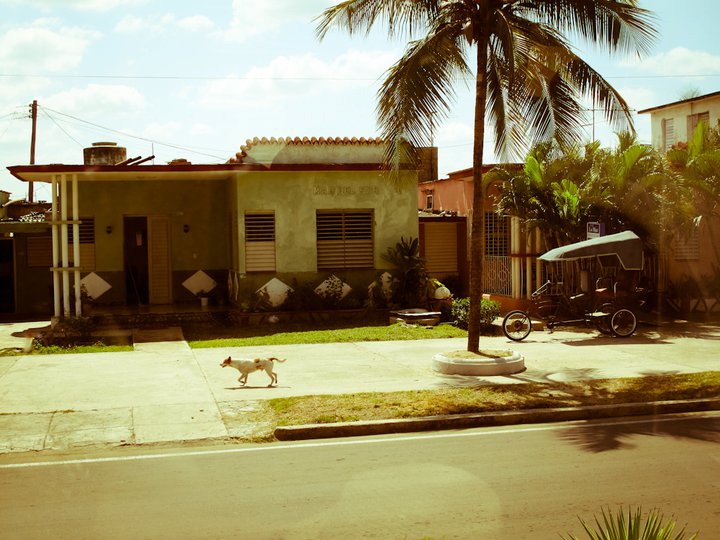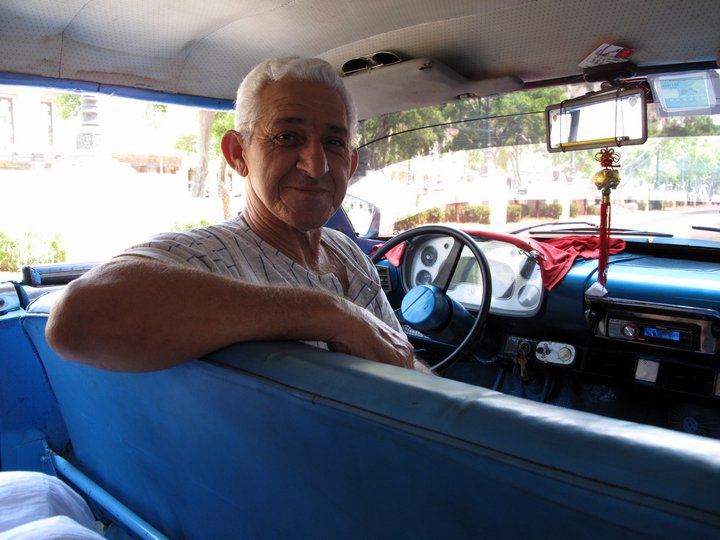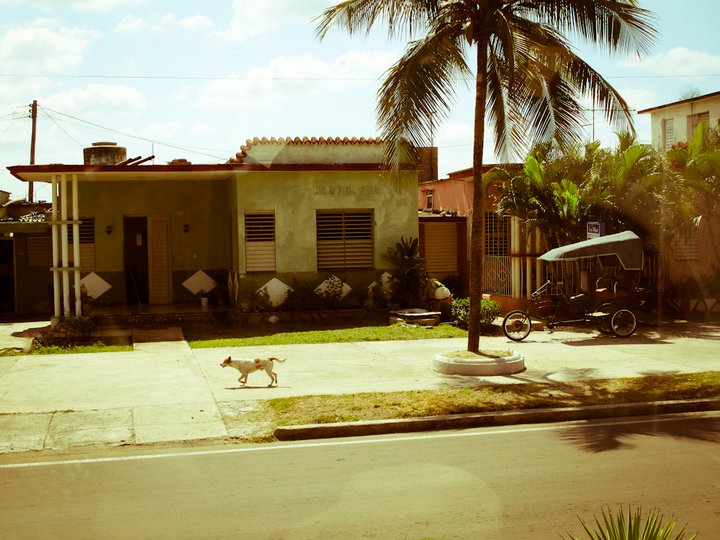Just sit at a typewriter and bleed.
Just finished reading this lovely little piece by writer and former CIA agent Howard Berk, in which he recalls having lunch with Hemingway at his home in Cuba just after WWII. Howard was an aspiring writer, though he found himself in Cuba selling flatware by an odd turn of events. Though they shared a proclivity for the craft, they never even broached the subject of writing, except for one remark, near the end of the afternoon, which has stuck with Berk all these years: "There's nothing to it. Just sit at a typewriter and bleed."

Many who have tried writing for any prolonged amount of time know the truth and the untruth in those words. On the one hand, there are people to whom writing might come more naturally, and there are others that, no matter how much they try to learn, probably will never quite get the knack. Those of us in between the brilliants and the hopeless have only our perseverance, imagination, and a mug of coffee or tea to help us do the simple thing: simply sit in the friggin' chair and write. The truth in Hemingway's statement is that if you put yourself in front of the device you use for writing, and just write the words in your mind onto the page, well there, you have written. That is writing.
Then of course, we go back and bloody up the page until it's something worth sharing, worth another person's time. We can come up with every excuse to not sit our butt in that chair and get the words out. There's laundry to do, dinner to cook, a movie to watch on TV, a mile to run or some yoga to do.
But I've learned that writing must be regimented, part of the daily agenda, just like exercise, at least for me. It takes vast discipline, each day, to put my 500-to-1000-or-more words on the page. Some days they come easily, out in half an hour. Other days, I struggle, get distracted, come up with some article I must read before I can fully concentrate on my task. Write until I'm exhausted and then still only count 400 measly words. Just because I've written 110,000 words towards a novel now, does not mean turning to the page and putting the words down is any easier than when I began. The easy part is that now I know my characters so much better than when I started. I understand their motivations and desires and weaknesses. Or at least, I think I do.
And this the other brilliant little truth to Hemingway's pithy statement on the craft: a writer has words she needs to get out, so much so that they bleed out on the page. But other days, the bleeding is from the pain of the process, because there is pain in it, too. It's a combination of the heavy task of writing, but also of the weight of the human voice, the weight of the stories we carry around, and the deep places within us where those stories reside. Putting those things on paper is bleeding, in many figurative ways.
Cabbie who drove me in his 1958 Plymouth in Havana, Cuba, 2011.


